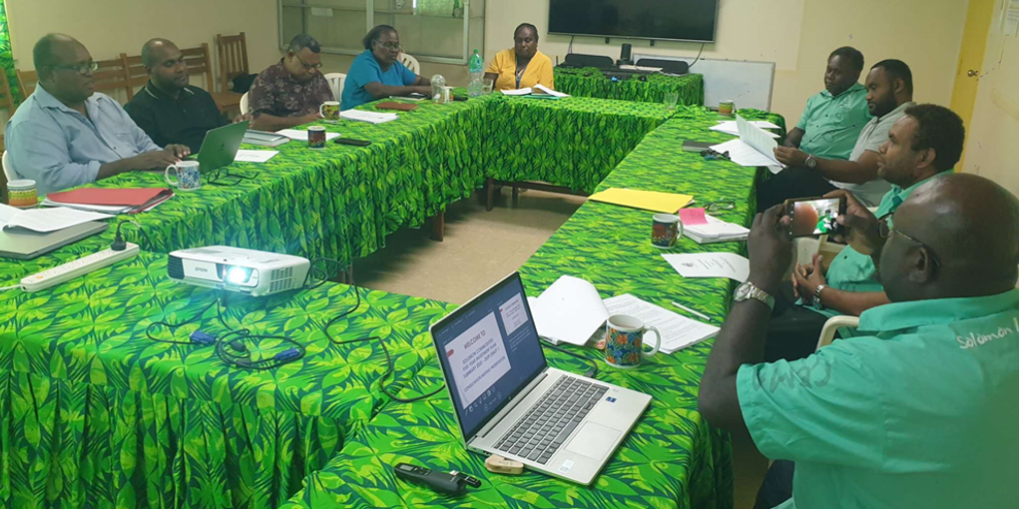A ROUNDTABLE talk was recently held to discuss the formalization and advancement of coconut and cocoa revitalization projects nation-wide.
The Commodities Export Marketing Authority (CEMA) hosted this vital roundtable discussion that enable key stakeholders from various government ministries and agencies to come together and discuss, a statement issued by Government Communication Unit said.
The meeting, held at CEMA’s headquarters, included representatives from the Ministry of Commerce, Industry, Labour, and Immigration (MCILI), Ministry of Agriculture and Livestock Development (MALD), and Ministry of Infrastructure Development (MID), alongside CEMA Cabinet Subcommittee.
The discussions focused on strategic investment plans, infrastructure needs, and the roadmap for achieving sustainable growth in the agricultural sector.
CEMA Chief Executive Officer (CEO) Patterson Siliota, who opened the meeting highlighted the importance of the Five-Year Investment Plan (2025-2029).
The road map aims to enhance Solomon Commodities’ trading functions, increase market share, and improve operational efficiency.
He emphasized the necessity of continued support from the Solomon Islands Government (SIG) and the exploration of alternative funding sources to ensure the success of these revitalization projects.
During the meeting, Kennedy Jimmy, CEMA’s Finance Controller, provided an overview of the funding received so far, and a few shortfalls of results in Phase 2 of the investment plan.
He also presented a revised investment implementation plan, which includes the reallocation of existing financial resources to prioritize the reopening of provincial buying centers and the initial infrastructure upgrades needed to support rural farmers.
MID’s Permanent Secretary, Mr. Allan Lilia, expressed his ministry’s commitment to working closely with CEMA and other stakeholders to support the infrastructure development necessary for the success of these projects.
He pledged to ensure that MID’s financial support for CEMA, would be included in the next coming supplementary budget.
The meeting also addressed the challenges faced by CEMA, including deteriorating infrastructure, logistical issues, and market access constraints for rural farmers. The roundtable concluded with a shared commitment to continuous collaboration and open communication between MCIL, MALD, MID, and CEMA as well as a collective focus on achieving the revitalization goals set out in the investment plan.
CEMA and its partners remain dedicated to strengthening the agricultural sector in the Solomon Islands, ensuring that the benefits of these projects reach rural communities and contribute to the overall economic growth of the nation.









